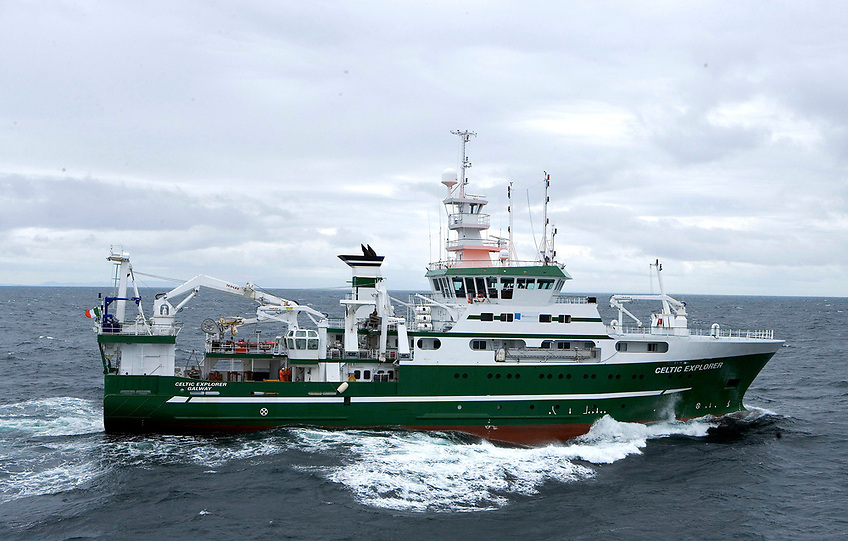Unreported costs of biological invasions have been calculated at €26.64 billion (US$28.0 billion) in the EU, according to a new study.
The study's Lead researcher, Morgane Henry from McGill University in Canada, says there has been a “shocking underestimation of the economic costs of biological invasions in the EU.
These costs are “not only a huge burden for the European Union’s economy, but also jeopardise the ecological balance and well-being of societies”, the study published in the journal Environmental Sciences Europe says.
The EU is particularly vulnerable because high economic activity itself increases the risks of biological invasions via trade and the transportation of goods among member states without substantial border control, the study notes.
Most invasive alien species are not adequately assessed for their actual and potential economic impacts, and thus most cost estimates are grossly underestimated, it says.
The research team quantified the economic costs of biological invasions to the EU, while also “highlighting and filling knowledge gaps by correcting observed costs, and estimating future invasion costs using predictive models”.
The researchers found that of approximately 13,000 invasive alien species known to have established populations in the EU, only 259 (around 1%) have reported costs.
The projected unreported costs are “potentially 501% higher than currently recorded, reaching a staggering €26.64 billion (US$28.0 billion) in the EU, led by countries such as Lithuania, Malta, and Czech Republic”, the researchers state.
Their estimates soar to more than €142.73 billion (US$150 billion) by 2040 in the absence of effective management.
These findings “underscore the urgent need for improved cost reporting to accurately assess the economic impacts of invasive alien species in a borderless system such as the EU”, the researchers state.
Research collaborator Prof Corey Bradshaw said biological invasions will create an “insurmountable financial burden unless the EU and its governments take swift action to address the devastating ecological impact that’s happening”.
The study echoes findings of a recent paper involving Queen’s University Belfast researchers, which stated that financial losses caused by invasive species have been equivalent to the cost of natural disasters over the past 40 years, as reported previously in Afloat.
The newly published research is available as an open-access article here































































